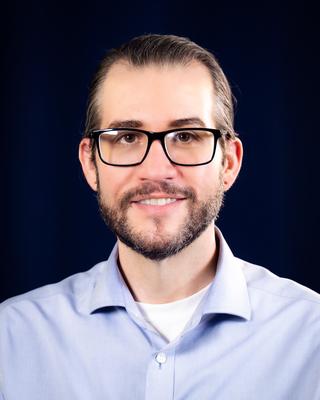Welcome From the Directors

Thanks for coming to look at our residency program! The Department of Psychiatry has at its roots, in the late 1940s with its Founding Chair, John Romano, MD, and his colleague, George Engel, MD, a basis in innovative thinking and taking care of patients in a way that recognizes their humanness. As physicians, we understand the medical issues people face, and in Psychiatry we build upon that knowledge to understand patients as people. It is this latter understanding that Psychiatry brings to the field of Medicine. The challenge of training in Psychiatry is to build upon one's medical knowledge while having an overarching training experience that incorporates psychiatric knowledge and an understanding of people, and then opportunities to integrate this into reasoned, connected and at times innovative care. An integral part of this is an openness to ourselves, which at times is not easy but nonetheless crucial to our work.

Our four-year program offers didactics in biological psychiatry to provide you with the necessary understanding for practice in the years ahead. The psychotherapy curriculum is designed to ladder upon itself, building from each year to the next. And consistent with our biopsychosocial heritage, it is important to also consider people in their contexts, to consider the social determinants of health and illness.
Our combination of clinical and didactic experiences affords residents depth and breadth of knowledge and training that will well prepare them for clinical practice, fellowships, and teaching. The core program has a wide variety of clinical sites and opportunities within the Department, URMC and the community, and has an engaged faculty dedicated to sustained mentorship. Clinical opportunities include inpatient psychiatry, emergency psychiatric care, rotations in various specialties, and a wide range of outpatient experiences. The Department offers five Fellowships for residents interested in training beyond residency.
The Department has been integrating its research work into its clinical Divisions. This not only bolsters the rigor of the program, it offers the possibility of research for interested residents, including a research pathway for residents that want to pursue significant amounts of research in the residency to carry into their careers.
As for Rochester, it is a big small town with a multifaceted population across the socioeconomic spectrum, it has the largest deaf population per capita in the nation, and it has a significant refugee population. The patient population reflects this demographic representation. In addition, Rochester has truly fine music, ranging from the Eastman School of Music to the annual International Jazz Festival to a great local music scene. It has easily accessible parks, and it is close to New York’s Finger Lakes Region with its year-round beauty and myriad wineries and breweries. Rochester has very affordable housing, its traffic is not significant, and it has four beautiful seasons (and the winters aren’t as bad as many people think…)!
The University of Rochester is a top-notch training and research institution located within a culturally rich city in a beautiful region. Our residency is about its people and its collegiality – and we are proud that our training program has this combination of professional prestige and personal warmth. We are happy you are considering joining our program and hope you will contact us with questions.
Jeffrey Iler, MD, Program Director
Annabel S. Fu, MD, Co-Program Director